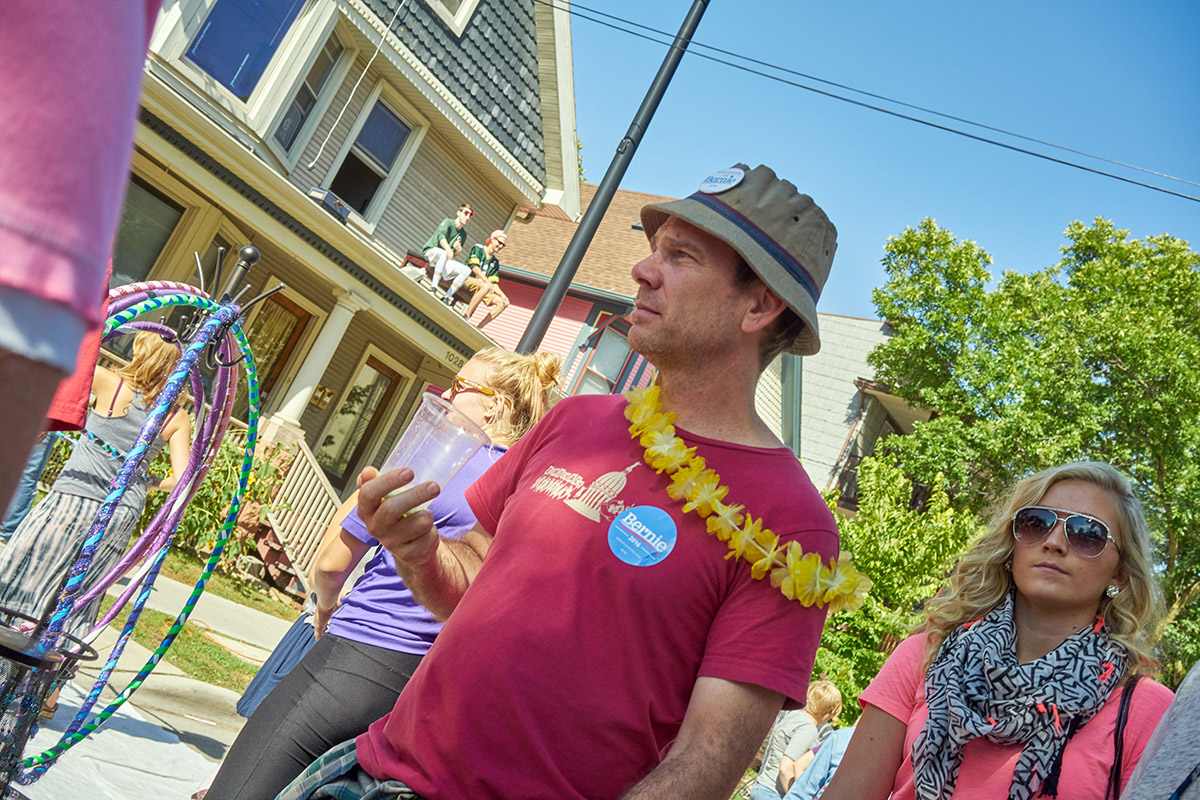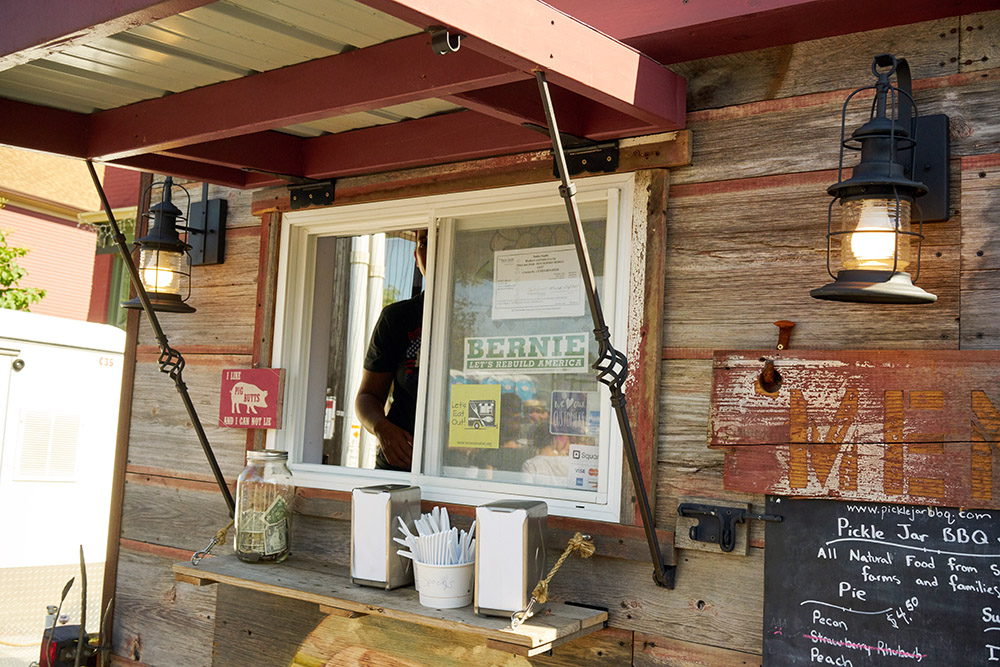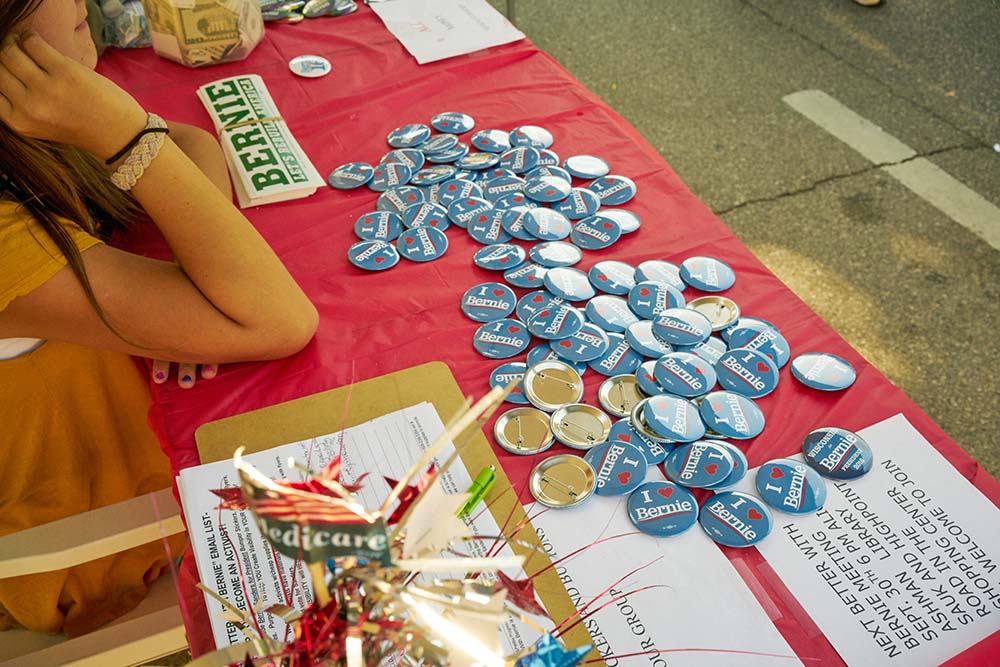Some publishers have seen traffic from Facebook plummet by 40%, which reinforces the risks of handing control over your audience to the social network.
A growing number of online publishers including giants like BuzzFeed have come to rely on Facebook for a significant part of their traffic—in some cases as much as 60% of it. Mostly, it’s a win-win relationship with Facebook FB providing reach and a share of advertising revenue in exchange for a supply of engaging material. But every now and then, we get a glimpse behind the curtain at just how much power that relationship gives Facebook, and the consequences if it changes its mind.
Monthly Archives: November 2015
“To watch the Roadshow video, please visit this page in a desktop browser”
Square’s roadshow video, as seen on my iPad Air 2……
Rather ironic for Square….. A company that features modern devices on their home page.

The Post Office
I appreciate the Post Office.
Beyond delivering Christmas Cards, bills, junk mail and the occasional package, I find their personnel to be cheerful and helpful. I also use the post office for the occasional shipment, perhaps a lens sold on ebay.
And, so it was recently, that I shipped a used lens to a buyer in a major city. The buyer messaged me, requested and paid for overnight shipping.
Regrettably, the small box was not delivered the next day, nor, the next. Rather, it arrived three days after shipment, despite paying for overnight service.
“You can probably get a shipping refund”, so said a post receipt buyer’s message. Indeed. I returned to the post office’s website and found that while they would refund my shipping fees, collecting same required a visit to a nearby post office.
And, so it was, on a recent Wednesday that I journeyed to the nearest post office over lunch, expecting long lines and wasted time.
This time, however, there were three attendants and just one customer.
I was summoned to one of the attendants and sought my refund – receipt and tracking number in hand. “Oh, I have to have my manager approve that”. The Post Office is not in a great position to give money back. Wait, let’s see what happened here. Your box sat in Milwaukee for a day. They did not do their job. This should come out of their salary. People need to do their jobs. There’s no excuse for this”.
During this soliloquy, another customer appeared, this time a retiree seeking a form H-2412Mxd (I don’t recall the name), “the one that turns off junk mail”. “I am tired of receive all of this junk mail”.
My attendant responded: “that junk mail keeps your rates low. I don’t support turning it off”. Another attendant knew the form of which he spoke. Evidently rarely used, it required a photo copy and several signatures. He repeated, “I don’t support that. We need all the money we can get”.
Meanwhile, the manager appeared and applied the required signatures to the overnight delivery failed refund form.
Unfortunately, my attendant’s computer completely froze during turn off the junk mail fracas. I was asked to wait for another attendant amidst a now extensive line of customers awaiting service.
The computer continued in its frozen state while another postal service colleague offered to help. With overnight failure refund form signatures in hand, he began entering lots of data into his still working pc computer.
“Does anyone have $45 cash, he asked?”
Turning to me, “We don’t have much cash, so I will have to give you a Postal Service Money Order”. “Take it to a bank and they will accept it, just like cash.
Some might make you deposit it”.
I like the post office, but wonder what will become of it in 10 years time.
Lunch with the FT: Bill Burns
After thousands of American diplomatic cables were leaked to the international press via WikiLeaks in 2010, Burns found himself an unexpected beneficiary. “A Caucasus Wedding”, a telegram he sent to the US state department in 2006 while he was ambassador to Russia, recounting a raucous three-day Dagestani wedding attended by Chechnya’s president Ramzan Kadyrov, was described as a minor classic of comic writing, its tone very much not what one might expect of a diplomatic cable.
“Cooks seemed to keep whole sheep and whole cows boiling in a cauldron somewhere, day and night, dumping disjointed fragments of the carcass on the tables, whenever someone entered the room,” Burns noted. “The alcohol consumption before, during and after this Muslim wedding was stupendous … There was also entertainment, although Gadzi’s main act, a Syrian-born singer named Avraam Russo, could not make it because he was shot a few days before the wedding.”
“Feel the Bern”
Catching up on a few photos from September’s Willy Street Festival:





The Hidden Reasons People Spend Too Much
In a forthcoming study in the Journal of Marketing Research, Ms. Sussman found that even though people were theoretically earning 1% interest from their savings, they were willing to borrow money at much higher rates to keep their savings at a certain level.
“I’m not at all saying people shouldn’t save,” says Ms. Sussman. “But even people with an appropriate liquidity cushion want to keep more money in their savings accounts because it makes them feel responsible, even though it might lead them to do these behaviors that are potentially economically costly.”
Land, Capital, Attention: This Time it Is the Same
There have been two fundamental scarcities in human history and we are now moving on to the third. Each time the scarcity shifted, due to a new technology, we had a massive dislocation. So yes, this time is the same, scarcity is shifting again and with it we are experiencing another such massive dislocation.
The first scarcity to emerge was land. We started out as hunter gatherers and eventually developed planting and harvesting and domesticated animals. Agriculture is the first massive technological change. We were horrendously bad at agriculture at first — no surprise it was a brand new technology. If you haven’t done so already, I highly recommend reading Sapiens by Yuval Harari. He has a terrific set of chapters on the agricultural revolution that makes clear just how bad we were and how much worse people in early agrarian societies were off compared to their hunter gatherer ancestors.
On the Reformation
Luther also benefited from the era’s discontent: The entanglement of church and state had compromised the spiritual aims of the Catholic Church. Pope Leo X, a kingpin of the powerful Medici family—described by historian Roland Bainton as “elegant and indolent as a Persian cat”—embodied the problem. Luther attacked his policy of indulgences, cash payments in exchange for forgiveness for souls suffering in purgatory.
Leo offered indulgences to finance a new St. Peter’s Church in Rome. The proclamation by church officials—“as soon as the coin in the coffer rings, the soul from purgatory springs”—set Luther ablaze. “Why does not the pope,” he demanded, “whose wealth today is greater than the wealth of the richest Crassus, build the basilica of St. Peter with his own money rather than with the money of poor believers?”
Luther’s challenge might easily have collapsed, however, had he not lived when European territories were acquiring national identities: Germany, France, Spain, Portugal and England. Because the church was the largest landowner in Europe, rulers could seldom avoid a papal dispute over revenue. Luther escaped the hangman’s noose in part because he won the backing of a German prince fed up with Rome. But most important, Luther succeeded because he tapped into the root of revolutionary change: the human desire to know God.
Medieval Catholicism had reduced a vibrant faith to rituals and obligations, mediated by church authorities and performed under the threat of corporal punishment. Luther’s breakthrough was a spiritual achievement: a return to a gospel of grace that brought the believer into a relationship with Jesus. “What man is there whose heart, upon hearing these things, will not rejoice to its depth, and when receiving such comfort will not grow tender so that he will love Christ as he never could by means of any laws or works?” he wrote.
Here is Luther’s contribution to the modern world: a doctrine of freedom of conscience, rooted in a religious view of human nature and the nature of belief. “For faith is a free work, to which no one can be forced. Nay, it is a divine work, done in the Spirit, certainly not a matter which outward authority should compel or create.”
Sports über alles, a remarkable (rare) work of journalism
The majority of fans think the Packers can do no wrong, or at the very least deserve the benefit of every doubt. The team’s decision-makers are well aware of this, and thus are able to make whatever moves they want confident they will be supported in the court of public opinion and by the largely benign media corps in Wisconsin.
….
On Monday morning, McCarthy didn’t answer directly when asked when he learned of the criminal charges from domestic violence incidents faced by Guion.
McCarthy used the word “garbage” to describe his reaction to the impeccably reported, balanced account.
On Monday afternoon, the Journal Sentinel’s Michael Cohen, one of the two writers on the Guion story, was on the sidelines covering practice. Rob Davis, the team’s director of player engagement since 2008, continually gestured and stared in Cohen’s direction.
When Cohen was looking down at his roster taking player attendance, Davis came over and placed his head about a foot from Cohen’s head. Startled, Cohen introduced himself to Davis and extended his hand.
“No, we haven’t met,” said Davis, refusing to shake Cohen’s hand. “And I don’t want to know you.”
Later, Davis told me he confused Cohen with another reporter. That’s a reporter he has known for about 20 years and outweighs Cohen by at least 50 pounds.
“I got nothing to say about that,” said Davis. “I wasn’t messing with him … why would I be angry? I’ve got nothing to be angry about.”
Davis, a one-time bouncer for Dennis Rodman, is part of the team’s inner circle and a first contact for players, wives and girlfriends on all types of issues. One interpretation is Davis bullied Cohen, and in a league with many anti-bullying initiatives his actions were regrettable, to say the least.
It’s possible the Packers’ three top decision-makers won’t comment specifically because they’re embarrassed about their vetting practices.
Not a few years ago, a Madison area reporter covering the University of Wisconsin Badgers football team was banished to covering the Milwaukee Brewers after asking what I considered rather mild questions.
It is important to remember that we support this directly and indirectly via tickets, cable tv, advertising and stadium taxes.
Fiscal indulgences play a role as well.
RIP, Grantland.
Of course, this pales in comparison to Madison’s long term disastrous reading results, another matter that lacks attention.